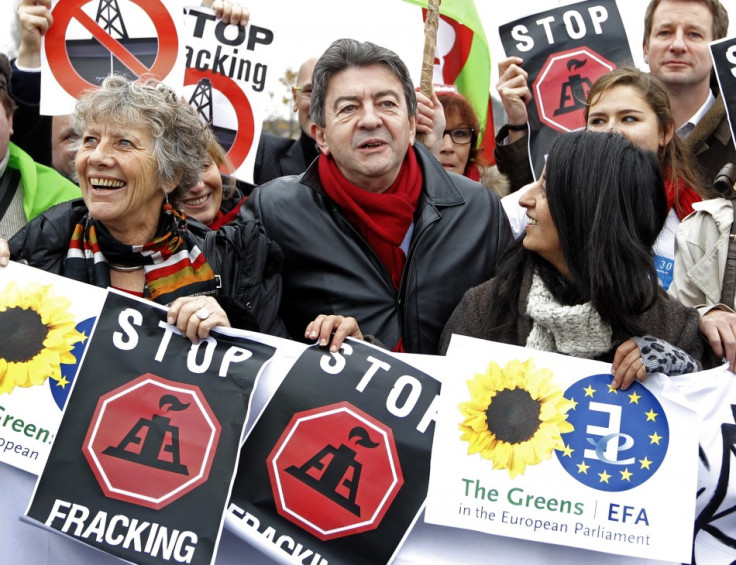UK Shale Gas Revolution: Debate 'Hot Air' Until Reserves Confirmed

The debate over whether shale gas will transform Britain's energy industry is "hot air" because there is no confirmation over total reserves or if it can actually be extracted from the ground.
"Most of the debates about where the community benefits go, where the taxation system goes etc, actually all ride on whether or not we can make the stuff flow out of the ground at the right kind of rates," said Andrew Austin, chief executive of British onshore hydrocarbon producer IGas, at a round table debate on shale gas.
"Let's just get ourselves into a place where we can put a few wells down and actually see whether or not it works. If it doesn't work, the rest of the conversation is entirely academic and we will have expended a large amount of hot air into the process.
"The central point is we don't know, but the country deserves the opportunity to find out."
A British Geological Survey (BGS) is expected to report imminently that there are huge shale gas reserves on and around the UK's shores, potentially providing enough to power the country's electricity supply for 100 years.
"We have to look. We have to do some drilling. We have to do some surveying. We have to work at this to see what there is," said Professor Alan Riley, a City University expert on energy markets, who was also at the debate put on by recruiter Spencer Ogden.
"The BGS will give a gas in place number, but that doesn't really mean much until we've actually drilled. You could have a gas in place number which is absolutely enormous and when you actually drill you can get almost none of it out."
A ban on fracking, the process of fracturing rocks with high-pressure water to release trapped gas, was lifted by the government in December, after fears over the seismic impact eased. Some homes near fracking sites experienced small tremors.
There are also environmental concerns over the chemicals used in the fracking process, which could potentially leak into the water or land where it is taking place.
Chancellor George Osborne offered tax incentives to the shale gas industry in his Budget, to encourage research, development and exploration.
Planning law and public concern are two big hurdles for companies interested in drilling for shale gas. There has only been one exploratory well so far, built by the firm Cuadrilla off the coast near Blackpool.
"In my work, people say you've got to get at least ten wells into the plate to see what population you're sampling from," said Dr James Buckee, chairman of oil and gas development and production company EnQuest.
"So if you're having that much difficulty permitting the first ten wells, you're never going to get there."
Related Articles:
Energy UK's Angela Knight: Shale Gas Revolution May Not Lower Energy Bills
UK Government Lifts Fracking Ban for Shale Gas
Dan Byles MP: Shale Gas Could Create 30,000 Jobs and Secure UK Energy [VIDEO]
Budget 2013: Shale Gas Tax Breaks Miss the Point
© Copyright IBTimes 2025. All rights reserved.






















